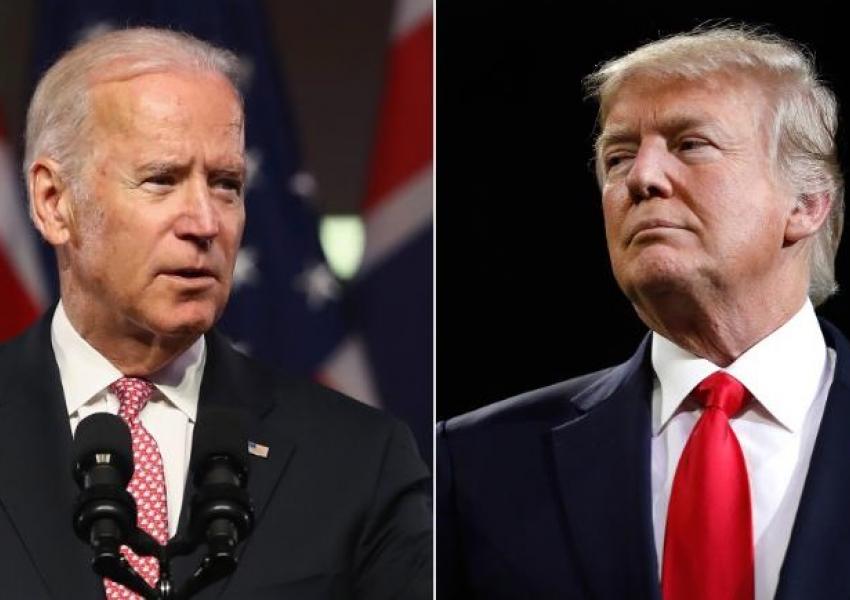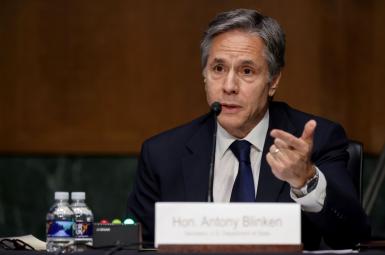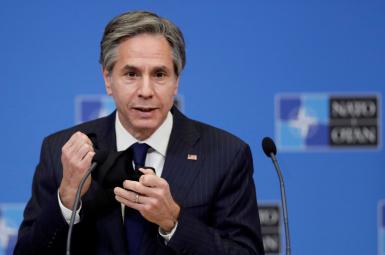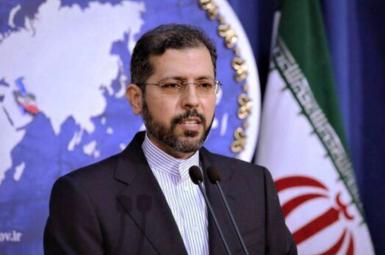
Iran Politicians See Similarities, Contrasts Between Trump And Biden
Iran International
Iranian politicians have disagreed on which United States presidential candidate’s victory in November’s election is likely to ease Iran’s long-standing economic and foreign policy crises. Those close to the administration of President Hassan Rouhani tend to favor Democratic Party challenger Joe Biden while many hardliners would prefer the re-election of President Donald Trump, even if they are reluctant to spell this out.
Biden has said he would return the US to Iran’s 2015 nuclear agreement with world powers, known as the Joint Comprehensive Plan of Action (JCPOA), regarded by Rouhani as a major foreign-policy triumph. Trump remains proud of withdrawing in 2018 from what he called “the worse deal in history” and which Iran’s principlists had criticized since 2015.
Last week, in an interview with reformist daily Etemad in Tehran, Hossein Mousavian, a former close colleague of Rouhani during nuclear talks with Europe, opined that “holding negotiations with a man who has killed Qasem Soleimani,” the Iranian general assassinated in Baghdad in January, was “harder than talking with Biden.”
On the other hand, Raja News website, arguing there was no meaningful difference between Democratic and Republican parties over Iran, cited Biden’s statement following Soleimani’s assassination that no American would “mourn” a man who “deserved to be brought to justice for his crimes against American troops and thousands of innocents throughout the region.”
On October 27, the Iranian Diplomacy think-tank, which is close to part of the Iranian Foreign Ministry and to the Foreign Relations Council established by Supreme Leader Ali Khamenei, published a series of video discussions of the possible impact of the US election. These were recorded in late September and early October with three Iranian political figures, Deputy Foreign Minister Mohsen Baharvand, Iran’s former ambassador to France Sadegh Kharrazi, and academic Ahmad Naghibzadeh.
Naghibzadeh argued that a Biden victory would change little for Iran. “He might use human rights to exert pressure on Iran,” he said. “The two parties use different tools against Iran. Otherwise the general policy of the United States is the same about Iran’s nuclear program and regional policies.”
The only exit for Iran from “its current situation,” said Naghibzadeh, was “compromise with the world’s current order.” US policy was “to turn Iran into another Iraq, where the liberal-democratic government has very limited powers, and [where] there is always an armed opposition that can keep this government at bay.”
Naghibzadeh argued that differences between Europe and the US over Iran should not be exaggerated and that both were unhappy with Iran’s regional role. “Europe will support Iran only to the extent that their own relations with the US are not affected,” he said. “If Trump is elected, they [Europe] cannot resist for four years. If they have to choose between Iran and the United States, they will not hesitate to choose America.”
Kharrazi agreed that the impact of the US election should not be exaggerated and suggested that both Tehran and Washington had missed opportunities during Trump’s presidency. “It was Iran that turned Trump from an indifferent character into a staunch enemy,” he said. “This marked a weakness in Iran’s foreign policy.”
Kharrazi argued that while Biden would improve Tehran’s prospects for talks aimed at easing international pressures, Iran would face a more united front. Biden was better placed, said Kharrazi, to “forge a global alliance against Iran,” something Trump could not do.
“Biden can bring the US closer to Europe and that is a threat we managed to evade so far,” Kharrazi said. “Shifting from confrontation to normalization of ties would be much [more] difficult with Trump. It is hard to convince Iranian society…[of the advantages of] negotiations with Trump.”








